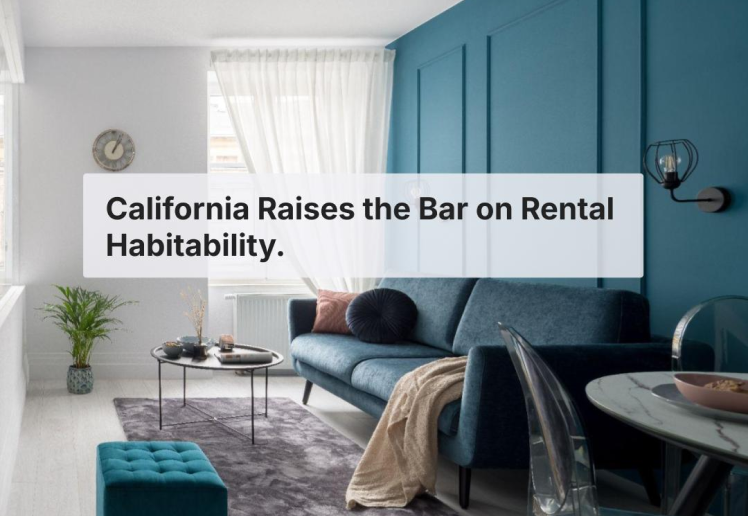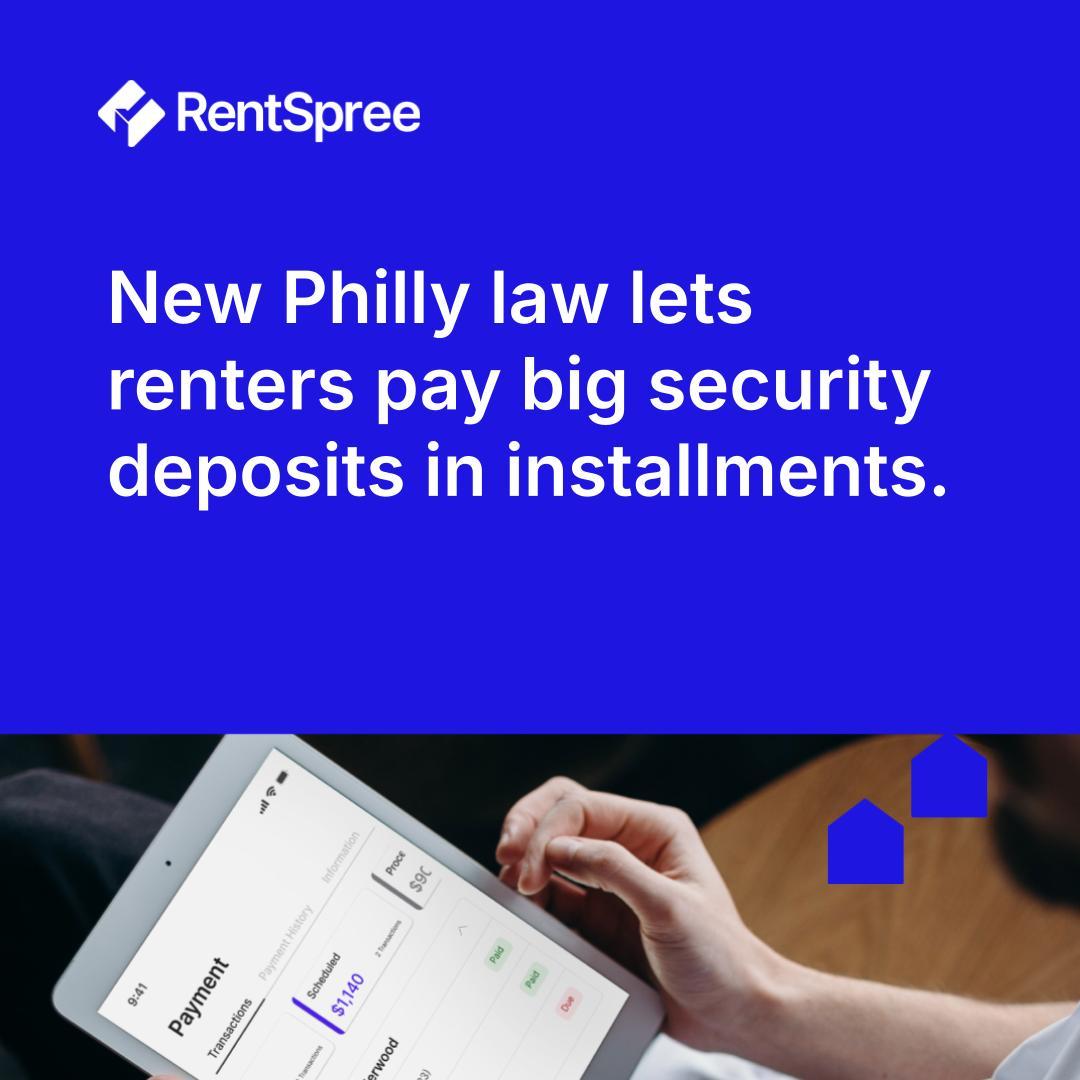When you outgrow a home, your first instinct may be to sell it and trade up for one that works better for you and your family. Instead, take into consideration the financial potential of the property you own, then find out whether you can tap into its equity to acquire the primary home you want while gaining a valuable real estate investment.
[.blog-disclaimer-text]Disclaimer: This article is not legal advice. Legal information is not the same as legal advice, where an attorney applies the law to your specific circumstances. Consult an attorney for advice on your interpretation of this information or its accuracy. You may not rely on this article as legal advice, nor as an endorsement of any particular legal understanding.[.blog-disclaimer-text]
If you own a property that no longer works for you and your family, your first instinct may be to list it with a real estate professional. However, there are many cases when renting a house out to tenants is a better option than selling it, both financially and emotionally. What keeps many would-be real estate investors from renting out their property? Logistics, including market analysis, property management, and the development of an accurate rent estimate.
Fortunately, there are a host of online platforms and professional service providers who can help you overcome your concerns and develop a strategy for owning and managing a rental property. In fact, once you have a plan in place, you may find that growing and developing your rental property portfolio offers you greater financial flexibility and professional satisfaction than holding down a 9-to-5 job.
Determining Whether to Rent or Sell Your Property
Whether you’re
- relocating to a new area of the country
- upsizing your home to meet the needs of your growing family
- downsizing your home in preparation for retirement, or
- have recently inherited a property
you may be getting ready to list your home for sale. You may have talked to a real estate agent already and you may also be putting time, effort, and money into updating and upgrading your home in preparation for a sale.
Before you list, you need to ask yourself whether selling the home is what you really want to do and whether it makes sense for your unique, individual situation. Be sure that you check out the following before you decide to rent out your house:
- Check with your HOA or condominium association to determine if there are any restrictions on your ability to rent out your house.
- Check with your tax accountant or financial advisor to determine if there are any special circumstances that you need to be aware of before embarking on a real estate investment strategy.
- Check with your attorney and see if he or she recommends holding your real estate under an LLC or other corporate entity.
What follows is a list of cases when renting a house may make more sense than selling it, along with tools and experts you can work with to make the rental process more manageable and more profitable.
1. When the local market favors renting
There are many areas of the country where the local market is more conducive to the ownership of a rental property than to selling a home. This occurs often in small towns or rural areas where there is not much real estate activity and homes can sit on the market for months or even years before they sell. These types of communities often have a lively rental market, however, with tenants who are well-qualified but reluctant to buy.
2. When you’re looking for an easy way into real estate investment
If you already have a taste for real estate investment, this may be a golden opportunity for you to dip your toe in the water. Renting a house you already own in a market with which you’re familiar can allow you to explore real estate investment opportunities and learn the ropes in a low-risk fashion. In addition, if you decide to expand your portfolio over time, you’re well-positioned to do so since you already know the area well.
3. When you think you’ll eventually move back in
Perhaps you’ve inherited your family home back in your old hometown, but you’re not yet ready to settle down. You may have taken a job on the other side of the country, but your heart will always be in the house and the town where you grew up. Why give up the opportunity to move back in someday? By renting a house instead of selling it, you can continue to build equity while you’re working in that other market, then return to your hometown when a new opportunity arises.
4. When your market shows consistent rising home values
There are some areas that seem to be immune to the ups and downs of the real estate market. This may be because they are located near always-hot resort areas or seem to be on the cutting edge of the latest trends. It may be because they are a hub for industry or government with a steady influx of professionals and their families. If you own a property in one of these magical markets, hold onto it and watch the value rise over time.
5. When you own the home outright
Perhaps you inherited a property or you bought it for cash. Maybe you made extra principal payments or doubled your equity-building with a 15-year mortgage. If you own a house outright, you’ll enjoy significant cash flow and low risk when you develop an accurate rent estimate and rent the property out to well-qualified tenants. Over time, your initial investment and your patience will be rewarded with steady monthly rental payments and, hopefully, rising home value as well.
6. When you’re looking for monthly cash flow
A one-time payout from a home sale may be useful, allowing you to put a down payment on your next home or pay off some bills. However, if you’re looking for cash flow that comes in month after month while the property appreciates in value, a real estate holding strategy will pay far more in future dividends. Add additional homes to your portfolio and you may set yourself up for a healthy monthly income through investment alone.
7. When the current economy favors rental ownership
During times of economic downturn, two things are likely to happen -- home values fall or hold steady and more people choose to rent than buy. That may mean that you won’t get top dollar for your sale, but you will be able to take advantage of a suddenly active rental market. This is especially true in the event of a contraction like the 2008 recession when much of the bad economic news was centered around the housing market itself.
8. When you have reliable property management
One of the main things that keeps people from renting a house is the fear of the landlord lifestyle, including repair calls and rent collection. By outsourcing these concerns to a property manager, you’ll have help developing a rent estimate, marketing the property, vetting the new renters, and collecting rent payments. In addition, you’ll have built-in maintenance and repair help so that you can avoid those late-night repair requests. Property management often pays for itself by staying on top of needed maintenance and minimizing vacancies.
9. When you’re handy around the house
Alternatively, you may be a hands-on type of person who enjoys working around the house. For you, home repairs and market analysis may be a fun part of the experience of real estate investing. In that case, be sure to consult with your real estate attorney and tax accountant in order to ensure that you are keeping good records and complying with relevant regulations for your market and work on an accurate rent estimate to maximize the revenue you earn from your rental.
10. When you’re handy around the house
Should you inherit an older, outdated property in need of significant repairs, you may find that selling it makes more financial sense than attempting to rent it out. However, if you own or inherit a fairly updated property in good repair, you may be able to begin renting the house with very little additional financial investment. Unlike selling a home, you don’t necessarily need all of the latest and greatest upgrades in order to make a property viable for rental. Be sure to create a plan for investing in ongoing maintenance to keep the property up-to-date in the years ahead.
11. When you have reliable tenants in place
If you have reliable tenants already in place or if you know someone who is eager to rent your house, it’s probably worthwhile to hold onto it. One of the biggest hurdles to starting out is marketing and screening potential tenants, so if you find someone who is reliable and trustworthy, you’ve won half the battle. Remember, even if you know your renters, you still need to ensure that you have a well-executed lease agreement outlining the terms and conditions of their rental.
12. When the property is located near desirable amenities
One of the best ways to add value to your rental property is by marketing its proximity to resort-style amenities or great local features. The following are some features that add value when they’re nearby:
- Expansive park or greenspace
- Resort-style community amenities like pool, tennis, or golf
- Close access to the area’s best restaurants, bars, or other commercial venues
- Walking distance to the local schools or to public transportation stations
If you have a property that is close to a desirable local amenity, you’ll likely experience robust ROI in the form of both higher home values and top-of-the-market rent estimates.
13. When the property is located near a major source of reliable renters
Similarly, properties that are located near areas or attractions that bring in a steady influx of well-qualified renters provide more reliable occupancy and often fetch higher rents. These may include properties near:
- Military bases
- Colleges and universities
- Large hospitals or courthouses
- Large manufacturers or other employers
- Large-scale hospitality venues like theme parks or resort-areas
Over time, if you decide to expand your rental property portfolio, you may find that you enjoy a consistent occupancy rate and the ability to charge premium rental rates for properties that are conveniently located in these types of markets.
14. When you’re focused on the tax and inheritance advantages
Whether you’re looking at the tax benefits for yourself or for your heirs, rental property ownership offers a host of advantages. Make sure that you keep careful records so that you can account for every penny you spend in marketing and property maintenance. Talk to your accountant or financial advisor to explore the way that real estate investment allows you to defer taxes both short-term and long-term and pass those tax savings on to the next generation when they inherit the property.
15. When you’re looking for added financial security
Economic uncertainty seems to be a fact of modern life. Depending on income from an employer leaves you open to the possibility of unexpected job loss or company layoffs in the event of a financial crisis. A real estate investment holding offers you more consistent income and the flexibility of tapping into the home’s equity if needed for repairs or improvements. In addition, should you decide down the road that you’re ready to sell, you’ll still have that option available to you.
Conclusion
If you have decided that living the landlord lifestyle is the right choice for you, you’ll love RentSpree’s rent estimate report. It’s a great resource, whether you’re an experienced investor or just starting out in real estate investment. Here you’ll find the data you need to make better financial decisions, including a pricing strategy you can believe in.
In addition, you’ll learn about the market where your property is located and the comparable properties in your area. RentSpree’s rent estimate also provides data on financial trends in your area that help you plan for the future. The more you know about your market and the people who are looking for rental properties there, the better able you are to effectively price, market, and improve your property for long-term profitability.
Thank you for taking the time to learn more about developing your own rent estimate and how RentSpree’s rent estimate report can save you time and money on every rental property analysis.
Check out our other chapters here:
Screen and lease with confidence
Find qualified tenants faster than ever with results you can trust.


Related posts
Want to make rentals easier to manage?
Save time on marketing, screening, and payments. Join over 2 million agents, landlords, and renters using RentSpree.







